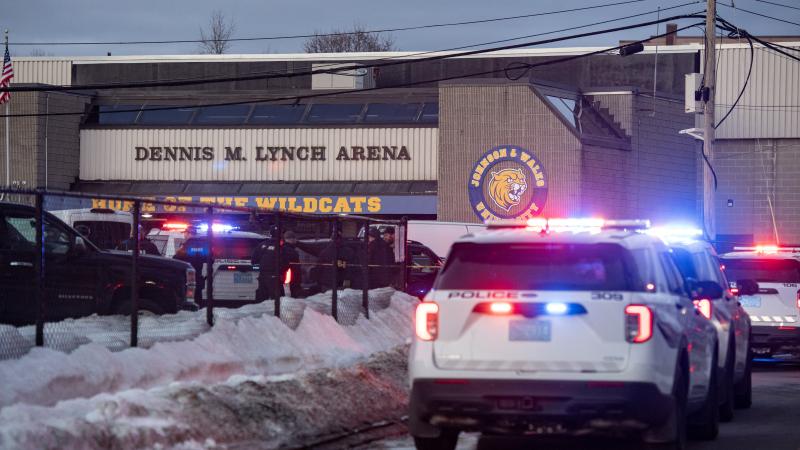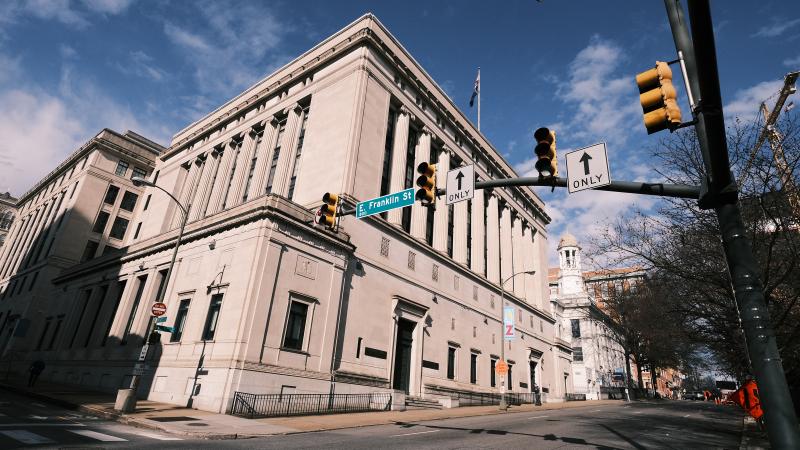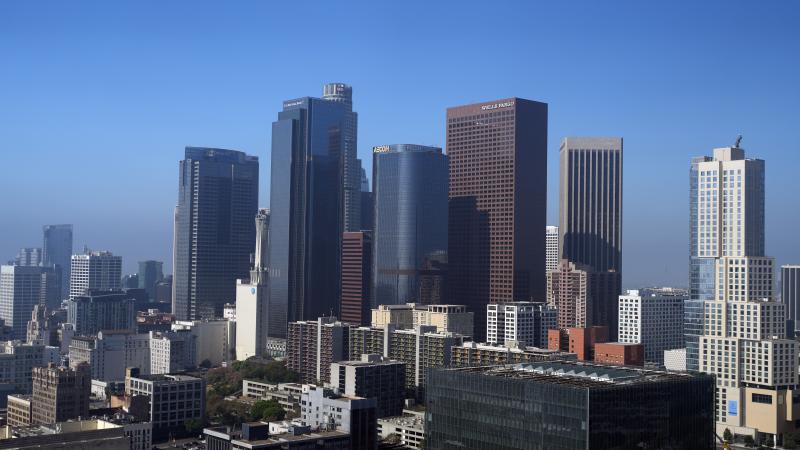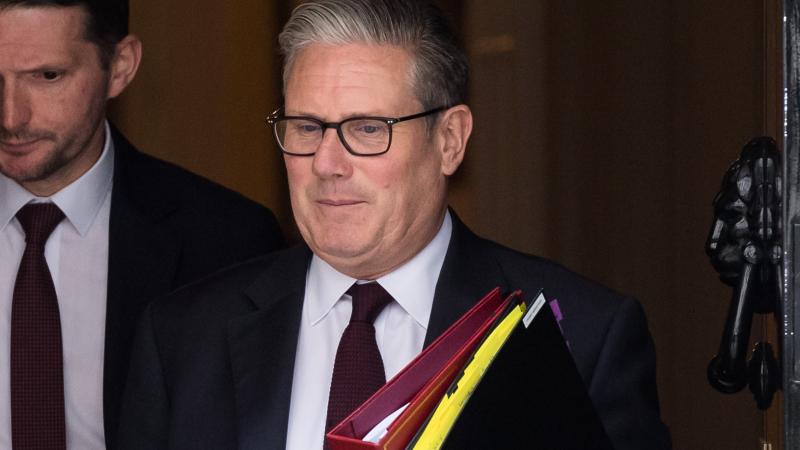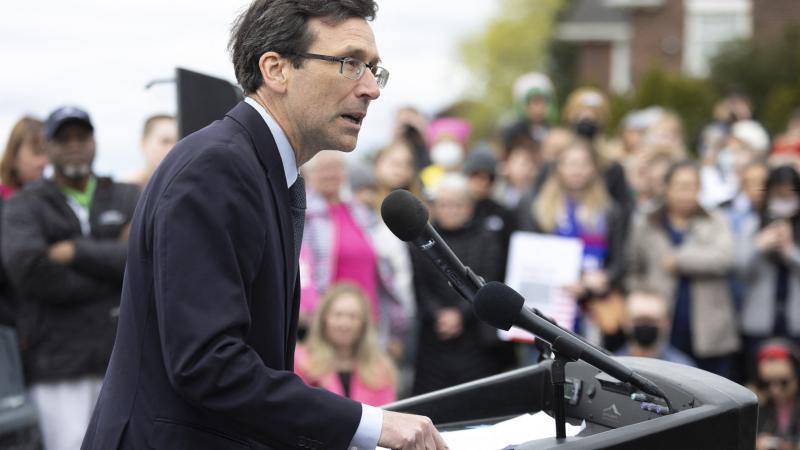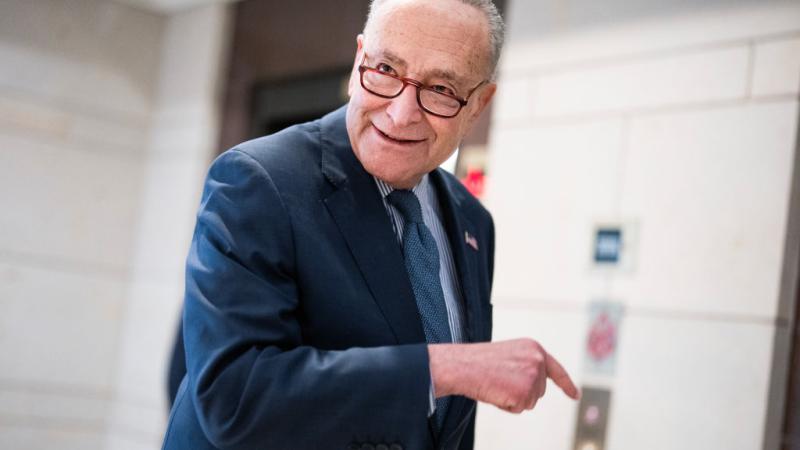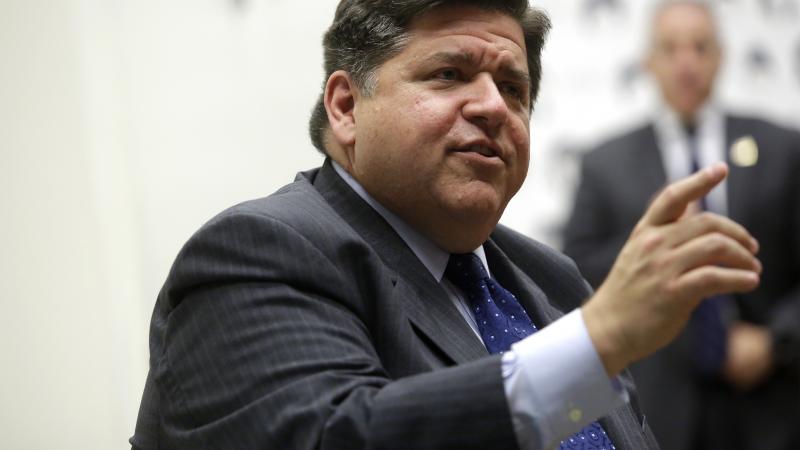SCOTUS to hear arguments in January on firing of Fed's Lisa Cook, gender identity in sports
The cases regarding laws banning males in female sports are from Idaho and West Virginia
The Supreme Court has announced it will hear oral arguments in January on President Trump's firing of Federal Reserve Governor Lisa Cook and laws banning male athletes in women's sports.
The announcement was made Wednesday as part of the high court's making public its 2026 calendar.
On Jan. 13, the court will hear oral arguments in Little v. Hecox and West Virginia v. B. P. J. regarding the constitutionality of laws in Idaho and West Virginia that prohibit male athletes from participating in women's and girls’ sports teams, according to SCOTUSblog.
In the Idaho case, transgender athlete Lindsay Hecox sued for the right to compete on the women’s track and cross-country teams at Boise State University. The U.S. Court of Appeals for the 9th Circuit ruled that the state's law banning male athletes from competing in women's and girls' sports violates the Constitution’s guarantee of equal protection.
Hecox asked the Supreme Court in September to dismiss the case as moot after moving to voluntarily dismiss the case in the lower court. However, last month, the justices decided to wait to decide on that request until oral argument.
In West Virginia, a male identifying as a girl sought to compete on middle school girls' sports teams, but state law prohibited it. The U.S. Court of Appeals for the 4th Circuit ruled that West Virginia’s law violates Title IX, which prohibits sex discrimination in educational programs and activities that receive federal funding.
On Jan. 21, the Supreme Court will hear oral arguments in Trump v. Cook, in which the president requested the justices pause a federal court ruling that prevents him from firing Cook. In 2023, then-President Biden appointed Cook for a 14-year term. Earlier this year, Trump attempted to fire her, claiming that she committed mortgage fraud in 2021, which she has denied.
U.S. District Judge Jia Cobb ordered the Fed to let Cook keep her position while her legal challenge to Trump's firing continues, which the U.S. Court of Appeals for the District of Columbia Circuit permitted. When Trump asked the Supreme Court to intervene, they also refused to pause the order, and instead scheduled an oral argument for the case.
